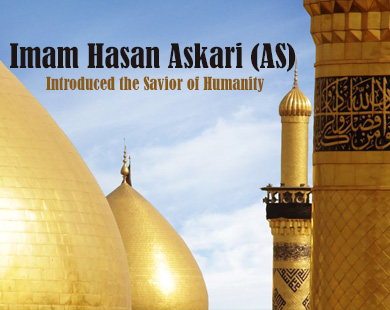Under all circumstances, the Imams carried out their duties of guiding the
people. Imam Hasan Al-Askari was subjected to numerous restrictions, and those
who sought to learn the teachings of Ahl al-Bayt (A.S.) and their Shiah point of
view could not reach him. In order to solve this problem, the Imam appointed
certain confidants as his deputies in view of their knowledge of jurisprudence.
These persons satisfied the curiosity of inquirers as much as they could. But if
they could not solve certain theological problems, they would keep them pending
the acquisition of their solutions from the Imam (A.S.) whenever they got the
opportunity to see him. Of course the visit to the Imam (A.S.) by a few
individuals could be allowed by the government but certainly not by groups who
wished to see the Imam (A.S.) on a regular basis.
The Khums (1/5 of total savings), which was being paid to the Imams (A.S.) by
the believers who cherished these Imams and regarded them as representatives of
the Divine Law was spent by these sacred saints on religious matters, and to
sustain the Prophet's descendants. This Khums was secretly collected by these
deputies, who spent it according to the directives of the Imam. They accordingly
were in constant danger of being identified as such by the governments’ secret
intelligence service. In order to divert this danger, Uthman ibn Said and his
son Abu Jafar Mohammad, two prominent deputies of the Imam (A.S.) in the capital
Baghdad, ran a big shop trading in oils. This provided them with free contact
with the concerned people. It was thus that even under the very thumb of the
tyrant regime that those devotees managed to run the system of the Divine law
unsuspected.


















